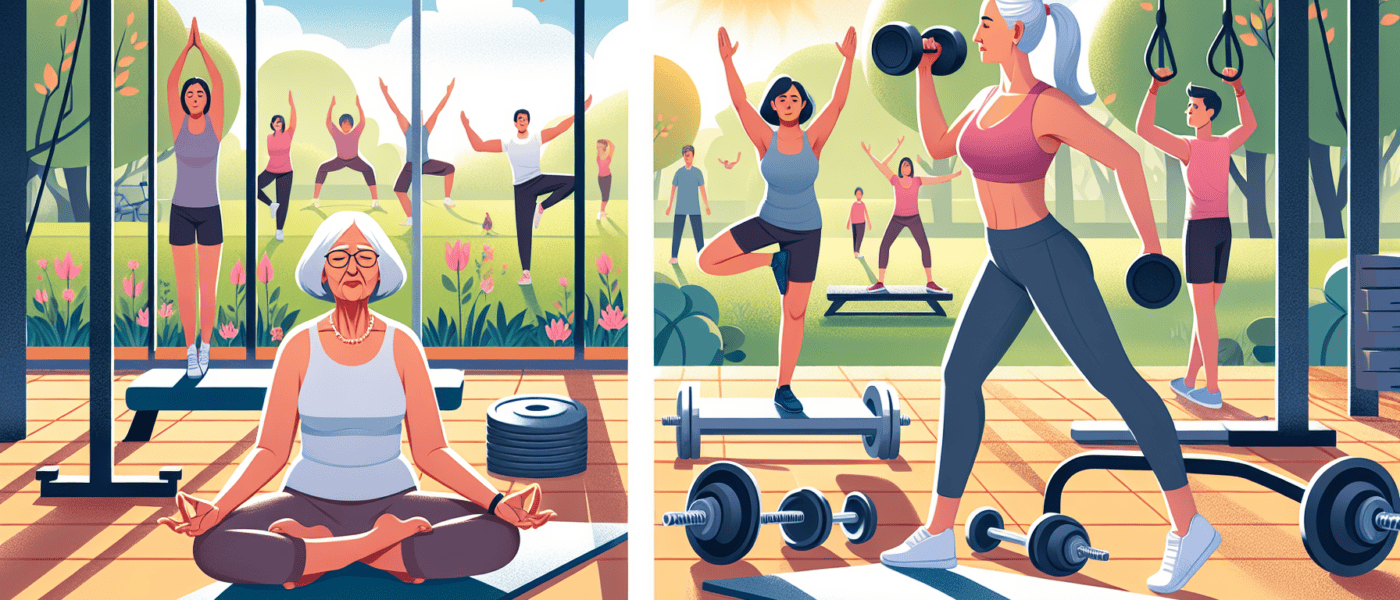The Transformative Power of Regular Exercise for Women Over 50
The Transformative Power of Regular Exercise for Women Over 50
The benefits of regular exercise are well-documented, but recent studies highlight its transformative effects on the quality of life for women over 50. Enhancing physical and mental well-being through consistent physical activity can significantly contribute to a healthier, more active lifestyle in mid-age and beyond. Here are some key findings from a recent study:
Consistency Matters and Starting at 55
One of the foremost findings is the importance of consistency. Consistently adhering to physical activity guidelines throughout mid-age has been linked to a higher health-related quality of life for women. Interestingly, even women who start exercising regularly as late as age 55 can experience benefits akin to those enjoyed by lifelong exercisers. This underscores that it’s never too late to begin reaping the benefits of physical activity.
The World Health Organization recommends at least 150 minutes of moderate-intensity physical activity per week. This can be broken down into shorter sessions, making it accessible for those with busy schedules. Examples of moderate-intensity activities include brisk walking, water aerobics, cycling, dancing, lawn mowing, and hiking. These activities not only improve physical health but also provide enjoyable ways to stay active.
Physical Health Benefits and Long-Term Commitment
Regular exercise is associated with improved physical health, including better strength, reduced risk of falls, and enhanced cardiovascular health. A long-term commitment to exercise is crucial for reaping these benefits; sporadic bursts of activity are insufficient to provide the same level of protection against age-related health decline. Consistent exercise helps in maintaining overall physical fitness and preventing various health issues that can arise during later stages of life.
The study utilized the Short Form 36 Health Survey to assess the quality of life, including questions about functional health and well-being. Findings revealed that women who consistently met physical activity guidelines or started exercising at age 55 had higher physical health scores (PCS) compared to those who did not meet these guidelines. This emphasizes the long-lasting impact regular exercise can have on physical health.
Mental Health and Gradual Approach
Interestingly, while regular physical activity significantly improved physical health, no significant association was found between physical activity and mental health scores (MCS). Despite this, the study underscores the overall importance of physical activity for health-related quality of life. It’s important to recognize that physical health often directly influences mental well-being, suggesting a more complex interplay between the two.
Experts recommend a gradual approach to fitness routines, especially for those who are new to exercise. This is to ensure that individuals do not overexert themselves, which can lead to injuries or burnout. Moreover, consulting a doctor before starting any new exercise program is crucial, particularly for individuals with pre-existing health conditions. Gradually increasing the intensity and duration of exercises can help in establishing a sustainable routine that promotes long-term health and well-being.
